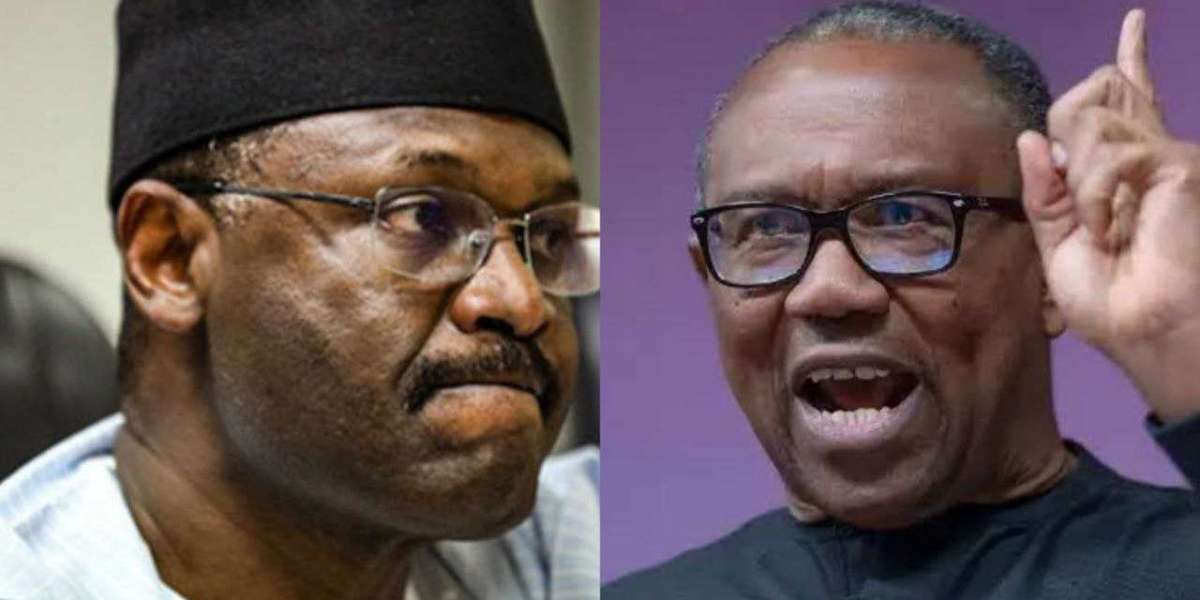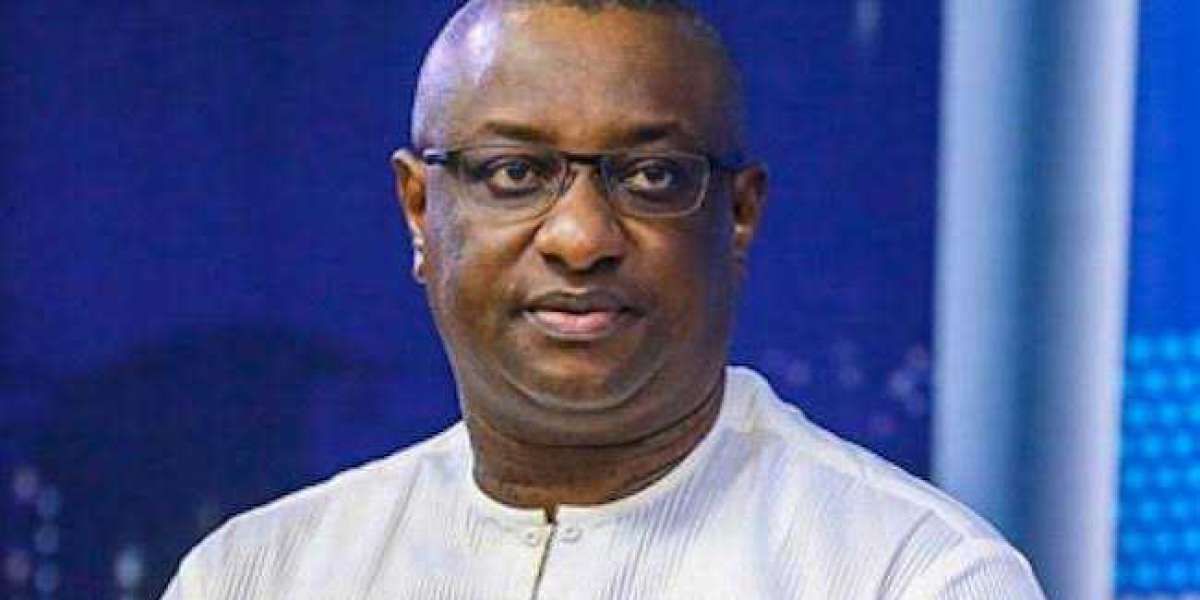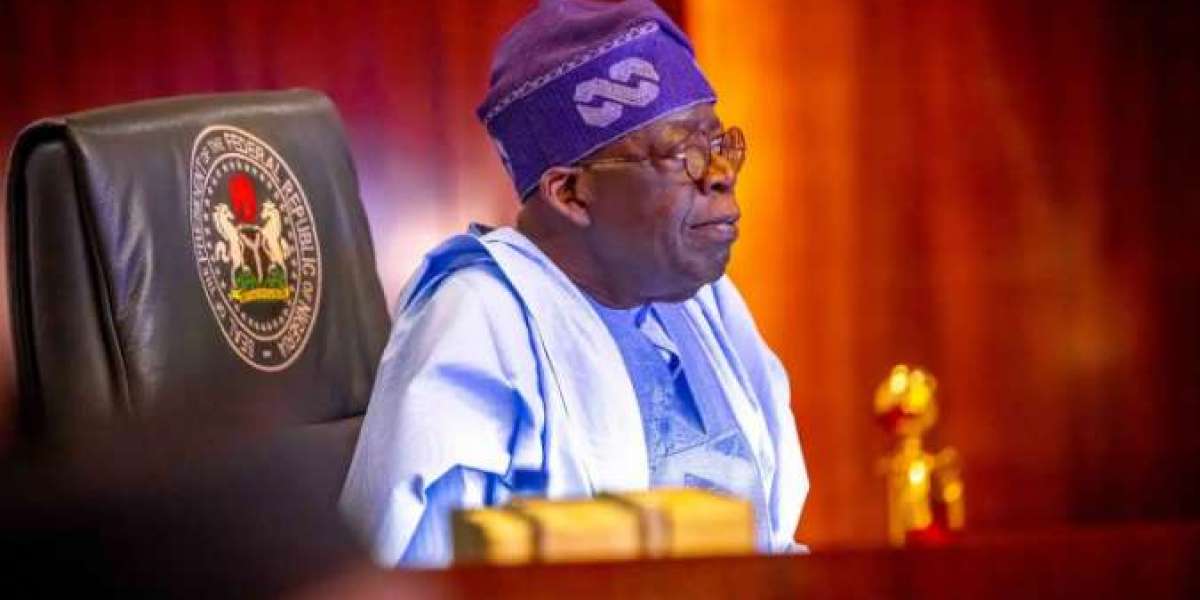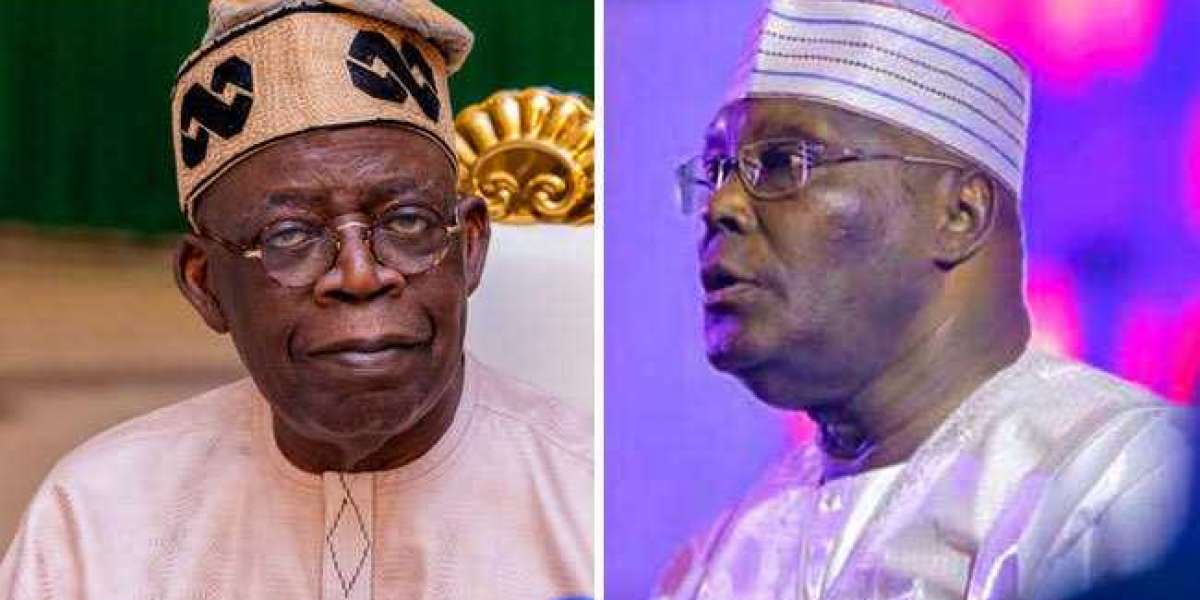With the completion of the April 15 supplementary elections in 2,660 polling units (PUs) across Nigeria, the 2023 general elections have concluded.
The States include Adamawa, Akwa Ibom, Bayelsa, Ebonyi, Edo, Ekiti, Enugu, Imo, Jigawa, Kaduna, Kano, Katsina, Kebbi, Kogi, Niger, Ogun, Oyo, Rivers, Taraba, Sokoto, Yobe and Zamfara.
Previously, the Independent National Electoral Commission (INEC) held presidential and National Assembly elections on February 25, while provincial elections were held a week later, on March 18.
The Independent National Electoral Commission (INEC) remains in the centre of the storm, as a cross-section of Nigerians believe it contributed to the controversial outcomes of the presidential and governorship elections in some states.
They assert that the malfunction of the Bimodal Voter Accreditation System (BVAS) and the failure to update the INEC Result Viewing Portal (IRev) in a timely manner constituted a violation.
Professor Mahmood Yakubu had promised that the results would be published in real time, similar to the Osun governorship election on July 16.
In a November 2022 media briefing, the INEC chairman refuted rumors that the commission intended to abandon transmission from PUs.
"The commission will upload results at the polling unit level, and citizens will have real-time access to these results." This innovation was initiated by the commission; therefore, the commission cannot undermine itself, he noted.
But this was not the case, particularly during the March 1 presidential election, when results were uploaded even after Bola Tinubu of the All Progressives Congress (APC) was declared the victor.
In a report released on February 27, the International Republican Institute (IRI) and the National Democratic Institute (NDI) stated that INEC lacked transparency.
A few days later, FixPolitics, a group led by a former minister, Oby Ezekwesili, stated that the contested results have caused the populace to resent INEC and to question the ballot's and process's integrity.
During a conversation with DAILY POST, a commission insider disclosed the IT department's efforts to keep the IReV portal online during the presidential election.
ALSO READ: Man stabs young Nigerian woman to death
"The results were uploaded without incident until late in the afternoon, when recurring errors were detected. Technicians from INEC who were also stationed at the national collation centre in Abuja began work on the site.
"This took roughly two hours, but by then, Nigerians, field officers, and agents were understandably in a state of panic." As you may recall, the website returned and additional results were uploaded.
"I concur that INEC could have managed communications more effectively. It is impossible to rule out human error, questionable personnel, politicians, and security personnel," he said.
Before the election, the source also discussed BVAS and the transfer of former INEC Information and Communication Technology (ICT) Director Chidi Nwafor to Enugu as Administrative Secretary.
"Those linking Chidi and BVAS are uninformed; it was not the creation of a single individual. The system was developed by him and his ICT team, so other engineers have complete knowledge of it.
"The contents of BVAS are safe and secure, which means that a number of dissatisfied candidates will be able to prove their cases in court."
Festus Ogun, an attorney, told DAILY POST that the general elections "leave much to be desired" in his contribution.
"As an election attorney and a citizen, I find the degree of inefficiency to be unprecedented. INEC underperformed and fell short of Nigerians' expectations.
"Clearly, INEC's failure to conduct a free, fair, transparent, and credible election has shifted the responsibility to our tribunals," the rights activist said.
However, Nigerians who follow the news are concerned about the apparent delay at the Presidential Election Petition Tribunal (PEPT) and the State Election Petition Tribunals, which have the power to remove elected candidates even after inauguration.
According to Section 132 (7) (8) of the Electoral Act of 2022, petitions must be lodged within 21 days of the announcement of election results, and tribunals must render decisions within six months of the petition date.
The PEPT secretariat, five candidates, and their parties have filed separate petitions against Tinubu and the APC at the Court of Appeal in Abuja.
ALSO READ: The British government 'apologised' to Peter Obi for his illegal detention — Atiku's aide.
They are Nnadi Osita of the Action Peoples Party, Solomon Okangbuan of the Action Alliance, Chichi Ojei of the Allied Peoples Movement, Peter Obi of the Labour Party, and Atiku Abubakar of the Peoples Democratic Party.
The issues raised concern the alleged exclusion of Okanigbuan's name from the ballot, Tinubu's educational background, the alleged falsification of his age, and the United States indictment for drug trafficking.
Others include Section 134 of the 1999 Constitution (25 percent of ballots in the FCT) and a presidential candidate who was previously a senatorial candidate (Vice President-elect Kashim Shettima). Shettima replaced Kabiru Masari as the stand-in.
The President-elect, the ruling party, and INEC have responded to all arguments, while the nation and international community await the tribunal's daily hearings to commence.
ALSO READ: A man collapses and dies on the side of the road in Port Harcourt.
In the meantime, the President of the Nigerian Bar Association (NBA), Yakubu Maikyau (SAN), legal eminence Femi Falana (SAN), parties, and other interested parties have requested a live broadcast of the proceedings.
Olisa Agbakoba (SAN) stated that if the court systems are proactive, the presidential tribunal could conclude proceedings within seven days.




Alphonsus Odumu 6 w
Na naija be this